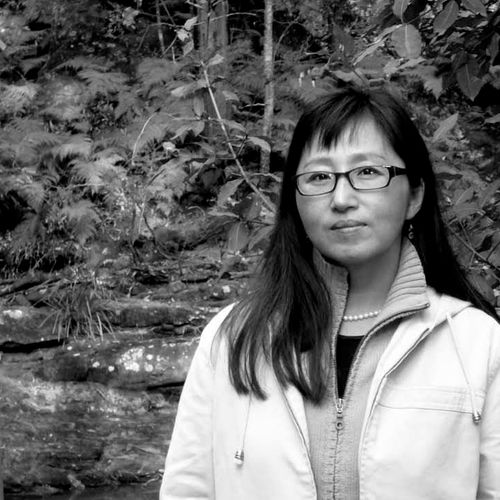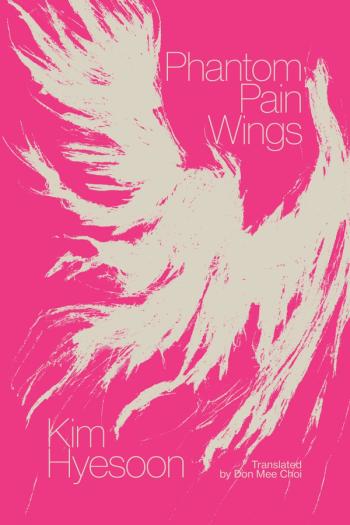Translated by Don Mee Choi
WINNER OF THE NATIONAL BOOK CRITICS CIRCLE AWARD FOR POETRY
This book is about the realization of / I-thought-bird-was-part-of-me-but-Iwas-part-of-bird sequence / It’s a delayed record of such a sequence.
An iconic figure in the emergence of feminist poetry in South Korea and now internationally renowned, Kim Hyesoon pushes the poetic envelope into the farthest reaches of the lyric universe. In her new collection, Kim depicts the memory of war trauma and the collective grief of parting through what she calls an “I-do-bird-sequence,” where “Bird-human is the ‘I.’” Her remarkable essay “Bird Rider” explains: “I came to write Phantom Pain Wings after Daddy passed away. I called out for birds endlessly. I wanted to become a translator of bird language. Bird language that flies to places I’ve never been.” What unfolds is an epic sequence of bird ventriloquy exploring the relentless physical and existential struggles against power and gendered violence in “the eternal void of grief” (Victoria Chang, The New York Times Magazine). Through intensely rhythmic lines marked by visual puns and words that crash together and then fly away as one, Kim mixes traditional folklore and mythology with contemporary psychodramatic realities as she taps into a cremation ceremony, the legacies of Rimbaud and Yi Sang, a film by Agnès Varda, Francis Bacon’s portrait of Pope Innocent X, cyclones, a princess trapped in a hospital, and more. A simultaneity of voices and identities rises and falls, existing and exiting on their delayed wings of pain.


